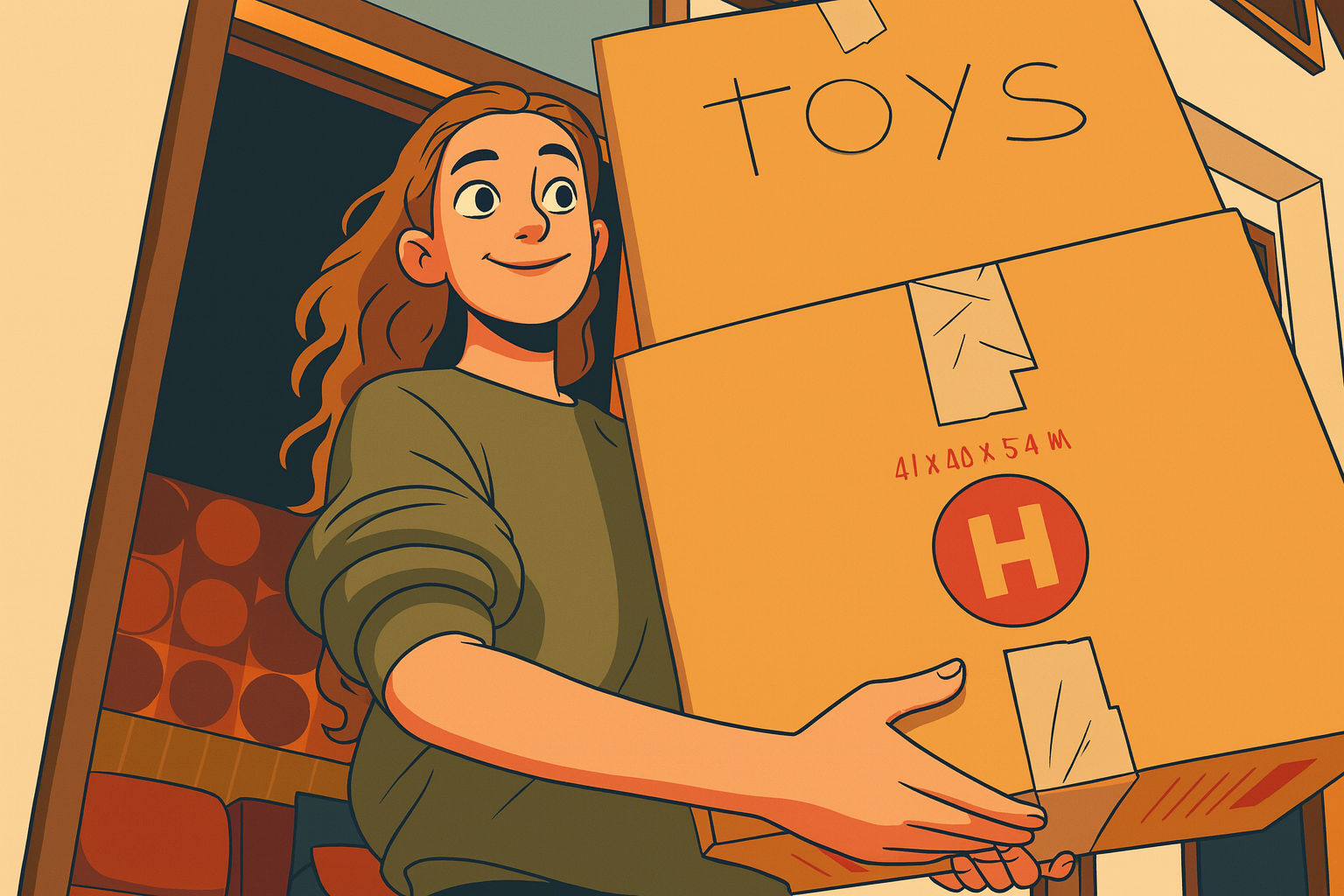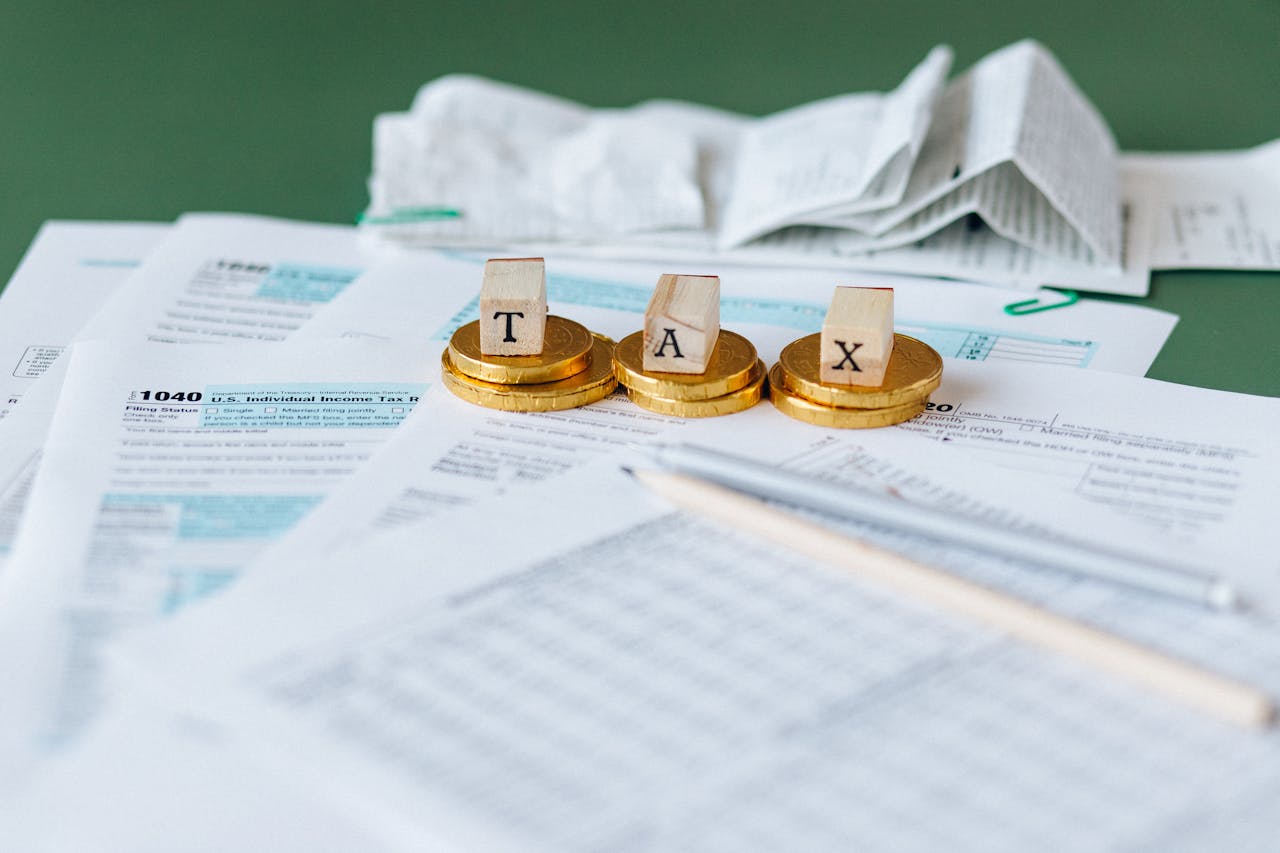Moving out on your own is a big step. It often feels like the start of real independence; having your own space, doing things your way, and setting your own schedule. But behind the excitement, there’s a long list of things to think through. From money to mental readiness, the decision takes more than just a gut feeling.
If you’ve been thinking about getting your own place, you might already be picturing furniture setups or scrolling through rental listings. But before jumping in, it’s worth checking if your current lifestyle and income can support this change. You don’t want to commit to something that becomes stressful just a few months in.
Here’s how you can figure out if you’re truly ready to move out.
Can You Afford Monthly Expenses Without Strain?
Before signing any lease, take a clear look at your finances. Start by tracking what you currently spend each month. Factor in essentials like groceries, phone bills, internet, subscriptions, transportation, and any personal debts. Then, add the cost of rent and utilities in the area you’re considering.
The next step is building a sample budget. This will give you a realistic view of how your income compares to your expected expenses. A lot of people get caught up in the excitement of moving and forget how much the day-to-day costs add up. Rent isn’t the only thing you’ll be paying. You’ll also have to cover electricity, water, gas, trash services, and sometimes maintenance or association fees.
When it comes to deciding what’s affordable, there’s a useful benchmark that can help. One widely recognized method is the rent to income ratio, which compares how much you earn each month before taxes to the amount you’ll pay in rent. Many financial advisors suggest keeping this number around 30%. For example, if your gross monthly income is $4,000, your rent should ideally be no more than $1,200. An online guide can give you a better sense of what’s manageable without putting pressure on your finances.
Living above that range doesn’t mean it’s impossible, but it could lead to more budgeting stress, especially if your income isn’t stable. That’s why it helps to be cautious and work within a range that still leaves breathing room for savings and unexpected costs.
Do You Have a Steady Income Stream?
It’s one thing to be able to afford rent now, but are you confident in your monthly income going forward? A steady job or a reliable stream of freelance work is key to living on your own without constant money worries.
If your income fluctuates, take the average of what you’ve made over the past six months. Think about slow seasons or months where work dried up. Will you be able to cover all your living costs during those dips?
Moving out means committing to regular bills every month. Rent is due no matter what your paycheck looks like. So, having a consistent income isn’t just nice to have; it’s one of the main foundations of independent living.
Are You Mentally Ready to Handle Responsibilities Alone?
Money aside, moving out also comes with emotional and mental changes. When you live on your own, you don’t have anyone to remind you to pay bills, take out the trash, or manage your schedule. You’ll need to handle these things without much help.
Think about how you manage your current responsibilities. Do you remember appointments, deadlines, and bills without reminders? Are you able to motivate yourself to get up, clean, cook, and take care of errands? These are simple questions, but they matter.
You’ll also need to deal with small surprises, like a broken faucet or a sudden power outage. If something breaks, there’s no parent or roommate to step in. You’ll either fix it yourself or contact the landlord. Being mentally prepared for these little stressors makes solo living more manageable.
And then there’s the quiet. Living alone can feel peaceful, but it can also get lonely. Ask yourself if you’re okay spending a lot of time alone, particularly after a long workday or on weekends when others might be busy. If that sounds difficult, think about how you’ll stay socially connected or build new routines around it.
Can You Handle One-Time Move-In Costs?
Monthly rent is just one part of the financial picture. Before moving, you’ll need to prepare for several up-front costs. These can add up quickly.
Most landlords ask for a security deposit. Many also require the first and last month’s rent in advance. That’s already a few thousand dollars before you even move in. If you’re hiring movers, that’s another chunk. Buying basic furniture like a bed, table, and kitchen gear will also add to the total.
If you’re starting from scratch, make a list of things you’ll need in your first month. Don’t forget cleaning supplies, bathroom items, pots, and pans. Even small things like trash bins and dish soap cost money. Many first-time renters underestimate these expenses.
Instead of charging everything to a credit card, try building a separate savings fund ahead of time. That way, you’ll have what you need without falling into debt right away.
Do You Understand the Lease and Legal Side of Renting?
Signing a lease means agreeing to legal terms. These documents outline your rights and responsibilities, and they matter more than most people think. Before signing anything, take the time to read through the entire lease.
Look for details like how long the lease lasts, how rent payments should be made, and what happens if you want to leave early. Some leases have fees for breaking the contract or rules about subletting. Others may limit things like pets or guests.
Make sure you understand who handles repairs and what counts as emergency maintenance. If there’s anything you’re unsure about, ask the landlord or property manager. It’s better to ask upfront than deal with problems later.
Knowing the lease terms puts you in a better position if anything comes up. It helps you avoid missteps and protects your rights as a tenant.
Moving out on your own is more than a lifestyle change. It’s a financial and personal commitment. It requires steady income, thoughtful planning, and readiness to take on new responsibilities. There’s no perfect moment to do it, but with the right preparation, it can be a smart and rewarding step.
If you’re still unsure, that’s okay. Take your time. Use what you’ve learned to get closer to your goal. When you’re truly ready, you’ll feel it, and you’ll have the tools to make it work.









